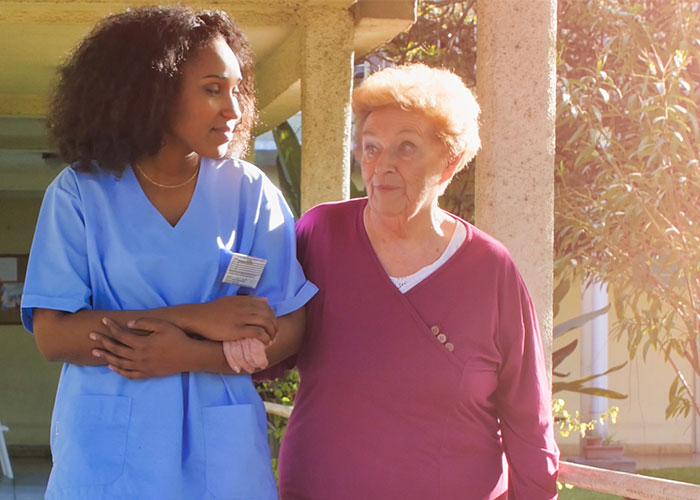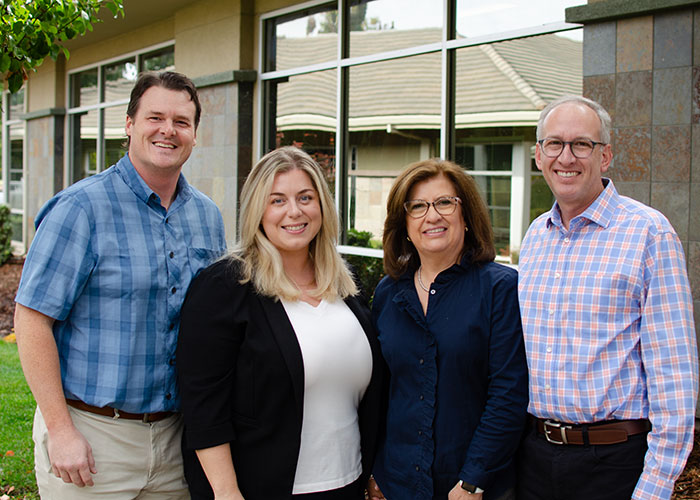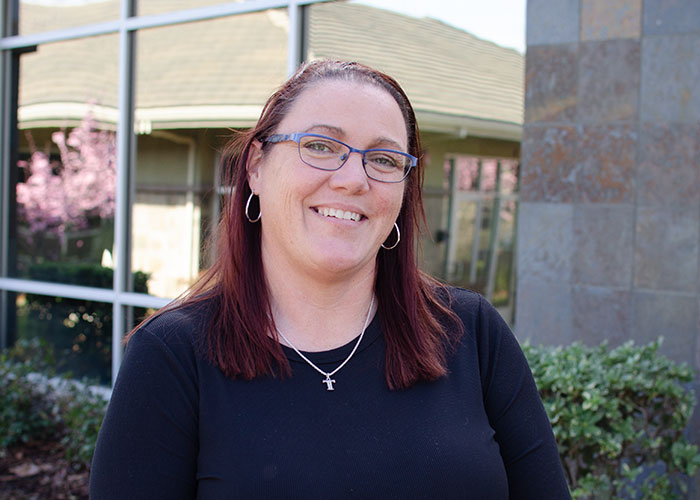How Home Care Can Support Seniors with Parkinson’s Disease

Parkinson’s disease is a chronic, progressive disease that often develops after age 50, but it can affect younger adults as well. While there is no cure, there are ways to help manage symptoms and improve quality of life. Many patients have mild symptoms to start and are able to continue living independently and doing many of the things they’ve always done. As the disease progresses, they may find that they benefit from additional support.
Parkinson’s disease primarily affects motor function and can cause symptoms such as:
- Tremors
- Slow movement (bradykinesia)
- Balance issues
- Stability problems
- Muscle stiffness
It can also impact non-motor functions as well, contributing to sleep problems, gastrointestinal issues, depression, anxiety, and skin problems. The rate of disease progression varies from one person to the next, so no two seniors are affected exactly the same.
Benefits of In-Home Care
In-home care can be a beneficial option for seniors because they get the level of support they need, when they need it, and as their needs change, they can adjust their care accordingly. An in-home care provider can assist with a wide range of activities to help seniors better manage their symptoms and age in place with Parkinson’s disease more safely and comfortably.
Daily Tasks: A caregiver can work with seniors on everyday tasks such as dressing, grooming, preparing meals, eating, doing light housekeeping, and transitioning between sitting and standing. They support individuals in moving at their own pace and remaining as independent as possible, while also ensuring their safety.
Exercise: Regular movement is important for managing Parkinson’s disease. Seniors are often encouraged to walk, swim, stretch, and do other exercises to continue strengthening their muscles and joints to retain mobility. Exercise can also help with balance and coordination issues. In-home caregivers can support seniors in completing these exercises, staying physically active, and coordinating appointments for physical or occupational therapy, including conducting the necessary fall risk assessment.
Meal Preparation: Eating a well-balanced diet is integral for good health, but tremors and rigidity can make it difficult for seniors to safely and effectively prepare food for themselves. Caregivers can assist with meal planning, grocery shopping, meal preparation, and feeding to help seniors maintain proper nutrition and keep up their strength.
Companionship: Living with a chronic, progressive disease can be stressful. In-home caregivers can offer a source of companionship for seniors by engaging in conversation, accompanying them on outings, playing games or cards, and reducing loneliness and isolation.
Senior care services can be adjusted to fit with aging adults’ schedules and when they need help the most. From a few hours a week to a few hours a day, seniors can get the appropriate level of care as their Parkinson’s disease progresses and their needs change. Contact Always Best Care at (855) 470-2273 to schedule a free consultation and learn more about available services.


![10 Senior Living Technologies You Should Know About [+ FAQs]](https://alwaysbestcare.com/wp-content/uploads/2025/06/senior-living-technology-hero-image.jpg)


